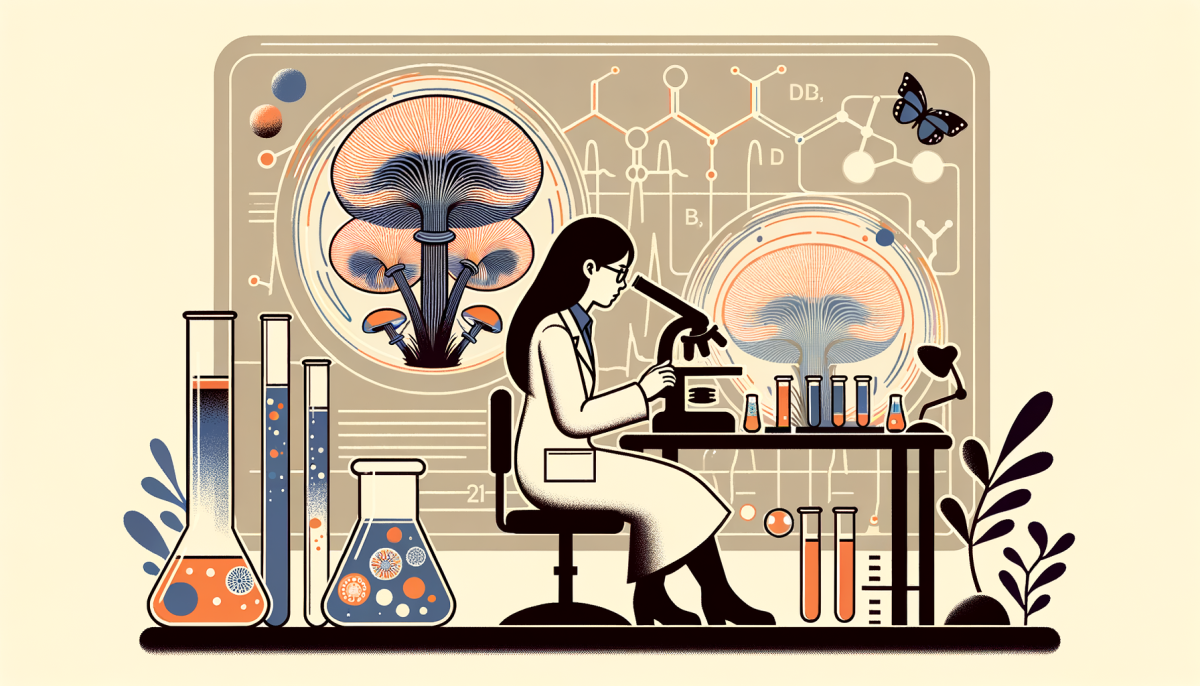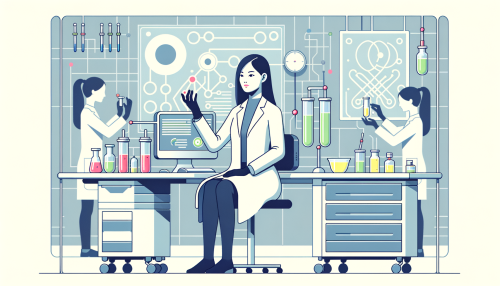Introduction
In a world where mental health issues are increasingly prevalent, the search for effective treatments is more critical than ever. One such promising avenue is the use of psilocybin, a naturally occurring psychedelic compound found in certain species of mushrooms. The Food and Drug Administration (FDA) has recently given the green light for new trials of psilocybin therapy for depression, marking a significant step forward in the exploration of alternative treatments for mental health disorders.
Psilocybin Therapy Approval

The FDA’s approval of psilocybin therapy trials is a testament to the growing recognition of the potential benefits of psychedelic substances in treating mental health disorders. This decision was not made lightly; it was based on a wealth of preliminary research suggesting that psilocybin could have profound effects on the brain and could potentially alleviate symptoms of depression.
Psilocybin therapy involves a controlled administration of the psychedelic compound, often in conjunction with psychotherapy. The goal is to induce a psychedelic experience that can help patients gain new insights into their mental health issues and potentially catalyze therapeutic change. The therapy is typically administered in a controlled setting under the supervision of trained professionals.
The approval of these trials is a significant milestone in the field of psychedelic research. It signals a shift in societal attitudes towards these substances, which have long been stigmatized due to their association with recreational drug use. However, it’s important to note that the use of psilocybin in a therapeutic context is vastly different from recreational use. The doses are carefully controlled, and the therapy is administered in a safe, supportive environment.
Depression Treatment Trials
The trials approved by the FDA will focus specifically on the use of psilocybin therapy for treatment-resistant depression. This form of depression is particularly challenging to treat, as patients do not respond to traditional antidepressants. The hope is that psilocybin therapy could offer a new avenue for treatment for these individuals.
The trials will involve a rigorous scientific process, including double-blind, placebo-controlled studies. This means that neither the patients nor the researchers will know who is receiving the psilocybin and who is receiving a placebo. This design helps to ensure the validity of the results and minimize the potential for bias.
The trials will also involve comprehensive follow-up assessments to monitor the long-term effects of the therapy. This is crucial, as it will provide valuable insights into the potential benefits and risks of psilocybin therapy for depression. The data gathered from these trials will be instrumental in informing future decisions about the use of psilocybin in mental health treatment.
FDA’s Groundbreaking Decision
The FDA’s decision to approve these trials is groundbreaking. It represents a significant shift in the way we approach mental health treatment and opens the door for further exploration of psychedelic therapies. This decision was not made lightly; it was based on a wealth of preliminary research suggesting that psilocybin could have profound effects on the brain and could potentially alleviate symptoms of depression.
The FDA’s decision also reflects a broader societal shift towards a more open-minded approach to mental health treatment. It acknowledges the limitations of traditional treatments and the need for innovative approaches. The approval of these trials is a testament to the potential of psilocybin therapy and a significant step forward in the field of mental health research.
Conclusion
The FDA’s approval of new psilocybin therapy trials for depression is a significant milestone in the field of mental health treatment. It represents a shift in societal attitudes towards psychedelic substances and opens the door for further exploration of these therapies. While there is still much to learn about the potential benefits and risks of psilocybin therapy, this approval is a promising step forward in the search for effective treatments for depression.





